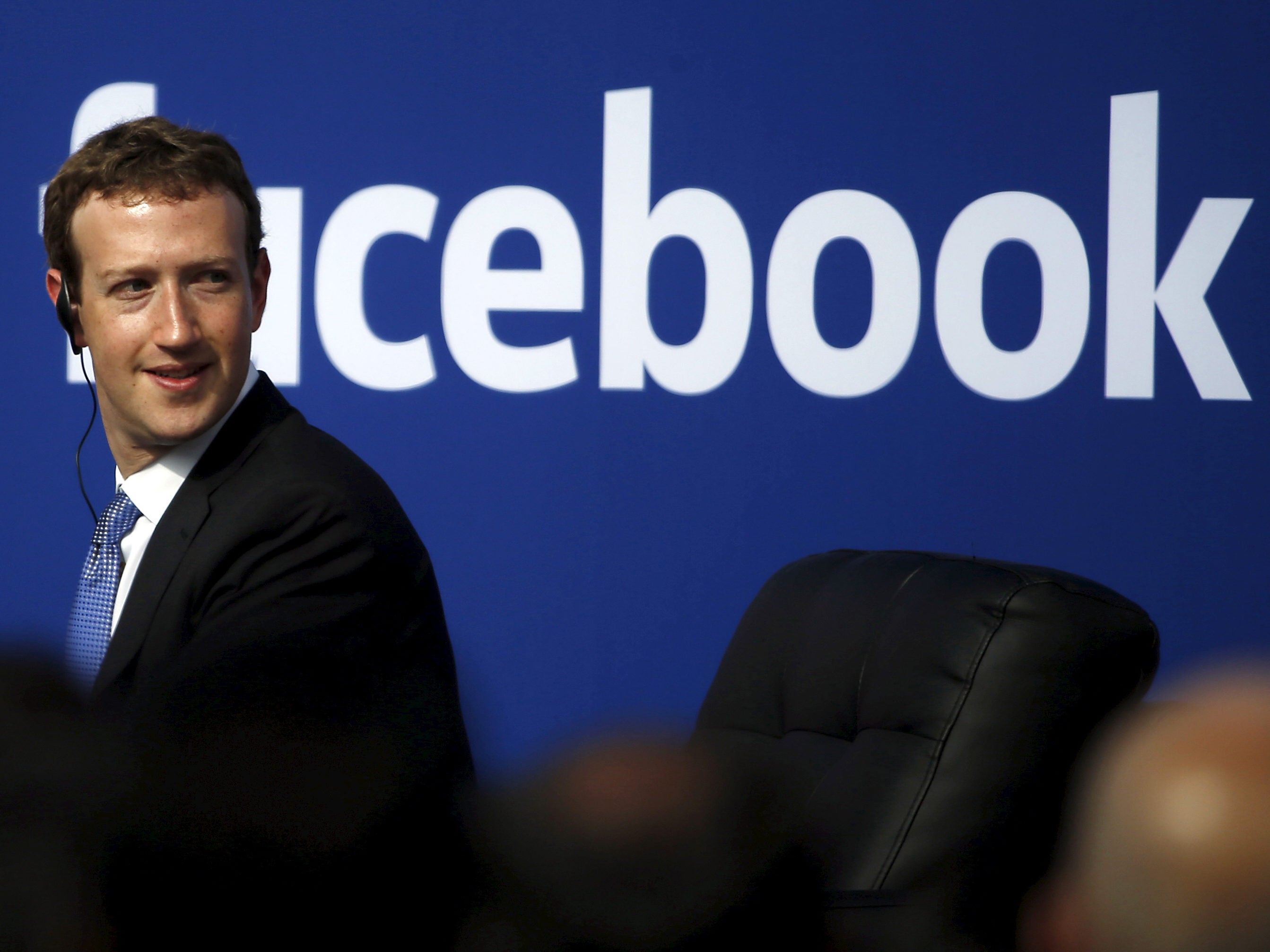
Facebook founder Mark Zuckerberg has said the social media platform will focus “less on banning misinformation and more on surfacing additional perspectives” in the fight against fake news.
In an extensive blog post addressed to the global Facebook community yesterday, Zuckerburg said fake news was one of the “two most discussed concerns this past year” at Facebook along with filter bubbles.
He also said the platform should act to mitigate “sensationalism” and “polarisation” in news content.
He said social media provided people with “more diverse viewpoints than traditional media ever has” but added: “Our goal must be to help people see a more complete picture, not just alternate perspectives.”
He also said accuracy of information was “very important” and that Facebook took “misinformation and even outright hoax content” on its platform “very seriously”.
He added: “We’ve made progress fighting hoaxes the way we fight spam, but we have more work to do. We are proceeding carefully because there is not always a clear line between hoaxes, satire and opinion.
“In a free society, it’s important that people have the power to share their opinion, even if others think they’re wrong.
“Our approach will focus less on banning misinformation, and more on surfacing additional perspectives and information, including that fact checkers dispute an item’s accuracy.
“While we have more work to do on information diversity and misinformation, I am even more focused on the impact of sensationalism and polarisation, and the idea of building common understanding.”
“Fortunately, there are clear steps we can take to correct these effects. For example, we noticed some people share stories based on sensational headlines without ever reading the story.
“In general, if you become less likely to share a story after reading it, that’s a good sign the headline was sensational.
“If you’re more likely to share a story after reading it, that’s often a sign of good in-depth content.
“We recently started reducing sensationalism in News Feed by taking this into account for pieces of content, and going forward signals like this will identify sensational publishers as well.
“There are many steps like this we have taken and will keep taking to reduce sensationalism and help build a more informed community.”
Zuckerberg also said Facebook was looking at “growing local news” and “improving the range of business models news organisations rely on”.
He said: “A strong news industry is also critical to building an informed community. Giving people a voice is not enough without having people dedicated to uncovering new information and analysing it.
“There is more we must do to support the news industry to make sure this vital social function is sustainable -from growing local news, to developing formats best suited to mobile devices, to improving the range of business models news organisations rely on.
“Research suggests reading local news is directly correlated with local civic engagement. This shows how building an informed community, supportive local communities, and a civically-engaged community are all related.”
Email pged@pressgazette.co.uk to point out mistakes, provide story tips or send in a letter for publication on our "Letters Page" blog







